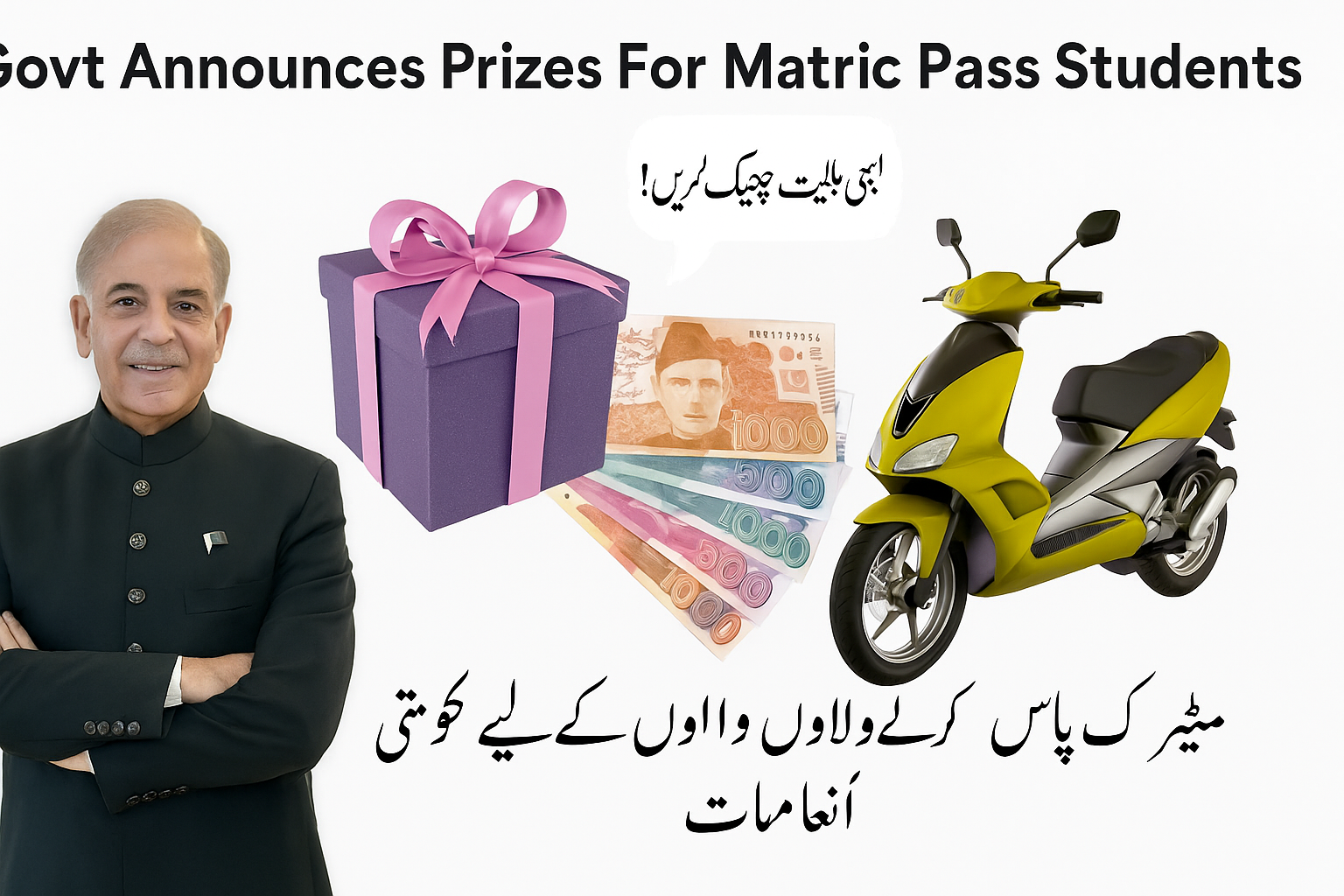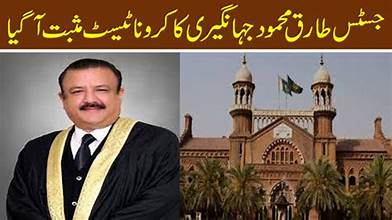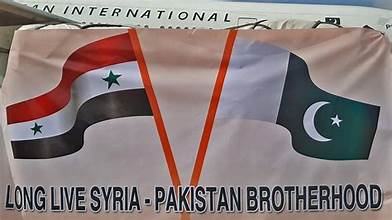In a groundbreaking move aimed at recognizing academic achievement and encouraging education, the Pakistan Government has announced that it will be offering gifts and rewards to students who pass the matriculation exams in 2025. This initiative, which will be rolled out across all educational boards in the country, aims to not only boost morale among students but also to promote a positive culture of academic excellence and motivation.
A New Era of Educational Recognition
For decades, matriculation exams in Pakistan have served as a crucial milestone in a student’s academic journey. These exams not only determine the future course of education for many students but also reflect their dedication and hard work throughout their school years. In 2025, for the first time on a national scale, the government plans to reward successful matric students with prizes ranging from motorcycles and cash to gadgets like laptops and tablets.
This policy comes at a time when the nation is increasingly focused on improving literacy rates, reducing dropout numbers, and investing in youth empowerment.
Objectives Behind the Initiative
The government’s primary aim with this initiative is to:
- Encourage students to take their studies seriously
- Recognize and reward effort, not just high marks
- Bridge the gap between privileged and underprivileged students
- Promote the idea that education leads to tangible benefits
- Reduce dropout rates after matric, especially in rural and economically challenged regions
By offering meaningful incentives, the authorities hope to instill a renewed sense of motivation in students, especially those from underprivileged backgrounds.
What Kind of Gifts Are Expected?
While exact prize details may vary from province to province, sources suggest that the rewards may include:
- Motorcycles and electric scooters for top scorers and regular pass-outs in remote areas
- Cash prizes for both high-achieving students and those who have shown improvement
- Laptops, tablets, or smartphones to help with further studies
- Scholarship certificates for intermediate and university level education
- Special prizes for girls to promote female education
Some districts may also organize ceremonial distribution events, where local officials or ministers will personally award the gifts to encourage more community-level involvement.
Who Is Eligible?
The eligibility criteria, though not fully finalized, are expected to be fairly inclusive. Generally, all students who:
- Appear in matric exams in 2025
- Pass the exams through recognized boards (BISE)
- Fulfill basic attendance or academic conduct criteria
There may also be additional rewards for:
- Students from government schools
- Orphans or students with special needs
- Students from rural and underdeveloped regions
Eligibility checking may be facilitated through a dedicated government portal or app where students can enter their roll numbers to verify their qualification for rewards.
Impact on Students and Families
The announcement has created a wave of excitement among students and parents alike. For many low-income families, education often takes a back seat due to financial hardships. But this new program gives families a clear reason to prioritize education, knowing that their children’s success can now yield tangible rewards beyond just grades.
In interviews with several parents from rural areas, many shared that such initiatives could drastically change the attitude of entire communities toward education. A prize like a motorcycle or laptop could change the future of a household—helping students get to college, start freelance work, or even pursue technical training.
Teachers and Schools Welcome the Move
Educators across the country have also welcomed this initiative. Teachers believe this will provide them a strong motivational tool in classrooms. School administrations, especially in underserved districts, are hopeful that attendance rates and academic discipline will improve significantly.
It also opens the door for collaboration with the private sector. Telecom companies, banks, and tech firms might partner with the government to sponsor or co-brand the gifts, thereby reducing the financial burden on the state and making the campaign sustainable.
Provincial Governments and Policy Implementation
Each provincial government will play a role in shaping the final structure of the scheme. While the federal government has provided the overarching framework and vision, provincial education ministries will oversee budget allocation, logistics, and distribution.
The Punjab and Khyber Pakhtunkhwa governments have already shown enthusiasm, with plans to roll out the program before the announcement of matric results. Sindh and Balochistan are expected to follow with their own unique approaches based on regional needs.
Challenges to Consider
While the initiative is being widely praised, there are challenges to ensure:
- Transparency in prize distribution
- Avoiding favoritism or political influence
- Ensuring that gifts are useful and safe (e.g., road safety concerns with motorcycles)
- Preventing students from using the rewards as a reason to stop further education
These concerns require careful planning, digital tracking systems, and public oversight to ensure long-term success.
Final Thoughts
The Pakistan Government’s decision to reward matric pass students in 2025 marks a turning point in the way education is incentivized in the country. If executed effectively, this policy could become a game-changer in Pakistan’s academic landscape, inspiring millions to work hard, dream big, and believe that education truly pays off.



